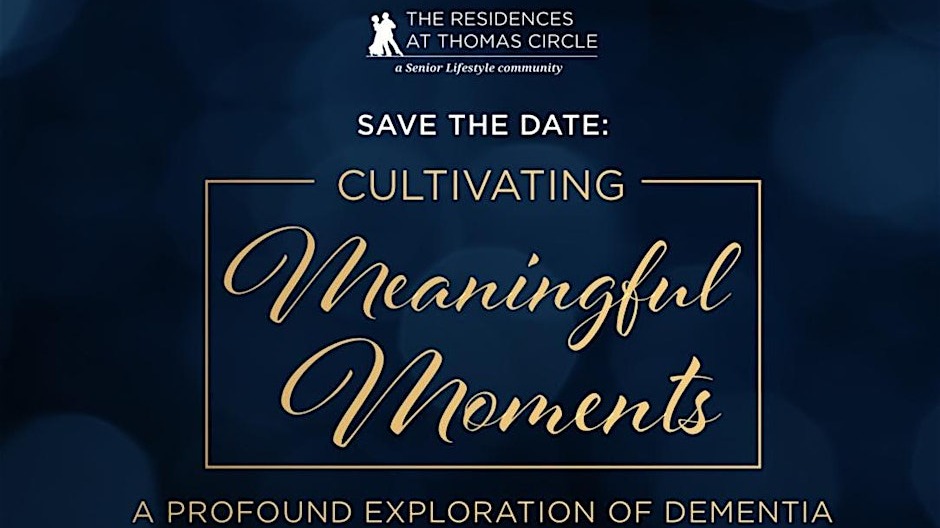
Understanding the New Findings on Chemotherapy Benefits for Older Women
Recent research has sparked significant conversation among medical professionals regarding the use of adjuvant chemotherapy in older women with high-risk hormone receptor-positive breast cancer. A major study known as the ASTER 70s trial found that older women receiving chemotherapy alongside hormonal therapy did not see improved survival rates compared to those who solely underwent hormonal therapy. After four and eight years, survival rates were recorded at 90.5% and 72.7% for the chemotherapy group, and 89.3% and 68.3% for the hormonal treatment group. Neither of these results was statistically significant, which raises questions about the effectiveness of chemotherapy for older patients.
High Risk, Higher Toxicity: The Adverse Effects of Chemotherapy
One of the pressing concerns highlighted in the study is the increased toxicity associated with chemotherapy. The incidence of severe adverse reactions in the chemotherapy group was reported to be nearly four times higher than in the hormonal therapy group. According to Dr. Etienne Brain, one of the lead researchers from the Curie Institute in France, this considerable disparity in side effects calls for a more nuanced dialogue between doctors and patients when considering treatment options.
Limitations of the ASTER 70s Trial: What You Need to Know
Though the ASTER 70s trial is groundbreaking, it is not without limitations. The study utilized a genomic assay that is not commercially available, which raises questions about how the findings can be applied in broader clinical settings. Additionally, the trial's ability to account for competing mortality causes was limited, particularly affecting older patients who may have other health concerns unrelated to their cancer.
The Importance of Informed Decision-Making for Older Patients
This research sheds light on a growing need for a careful balancing act between quality of life and cancer treatment. As Dr. Sabine C. Linn and Dr. Florentine S. Hilbers pointed out, while the results are statistically negative, the possibility for some individuals within this older demographic to gain benefits from chemotherapy should not be entirely disregarded. This critical data lays the groundwork for informed discussions about the best paths forward for older patients fighting breast cancer.
Where Do We Go From Here?
The findings of the ASTER 70s trial underscore the necessity for personalized medicine approaches in treating breast cancer in older women. Healthcare providers need to integrate the insights gained from this study into their practice, ensuring that patients are fully informed about the potential risks and benefits of chemotherapy in the context of their unique circumstances and health profiles.
In conclusion, as we continue to refine our understanding of breast cancer treatment in older populations, we encourage both patients and caregivers to stay informed and involved in their treatment decisions. Always consult with healthcare professionals to assess whether additional treatments may be beneficial based on individual health considerations.
 Add Row
Add Row 

 Add
Add 


Write A Comment